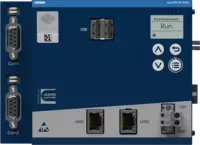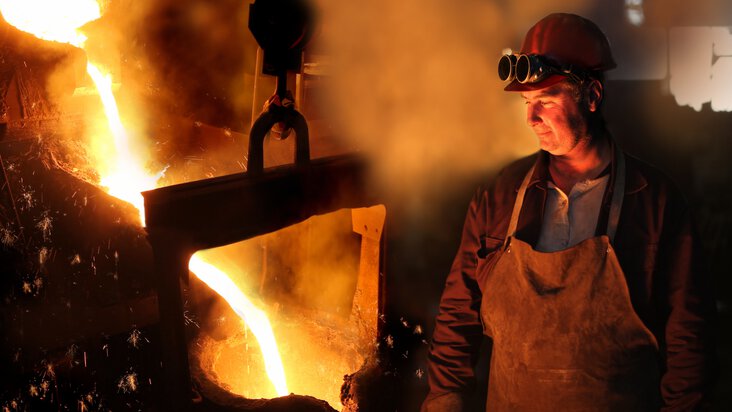

Level measurement in glass melting furnaces
As an efficient and environmentally friendly alternative to plastic containers, glass containers are becoming increasingly popular on the market. Reliable measurement of the glass level is essential for efficient production, but this cannot always be implemented optimally in practice due to the high process temperatures.
Task
The measurement systems available on the market, such as radar, optics or nuclear radiation, have complex electronics that make handling and calibration difficult for the system operator. In addition, consumables are used that have to be replaced at certain intervals. A simple and intuitive solution must therefore be found that reliably determines the level of the glass during melting despite high temperature and steam generation.
Solution approach
These requirements were implemented by our Spanish subsidiary, which, through years of experience in the manufacture of thermocouples and the handling of heat-resistant materials, has developed a range of suitable components for glass level measurement. The entire development process took place in direct customer exchange and according to industrial requirements. The result is a solution that measures and controls the glass level in an efficient, precise and user-friendly way and whose consumable elements are very easy to replace. The weight of the liquid glass is constantly adjusted to the process requirements, so that maximum plant output is achieved.
The operation of the clever solution is based on a simple and fast measuring principle. A high-temperature element made of special materials is immersed in the liquid glass and controlled by a central unit, which receives the required electrical signals via a pressure transmitter.
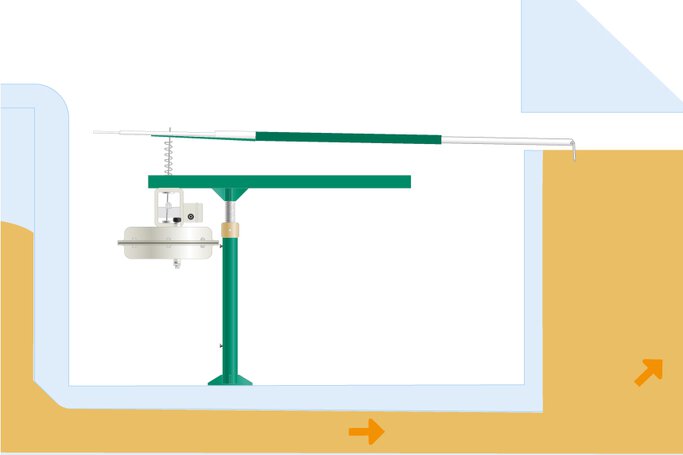
Horizontal glass level sensor
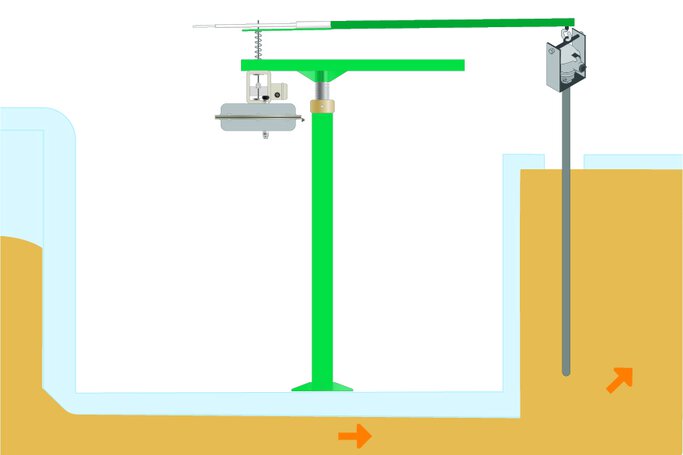
Vertical glass level sensor
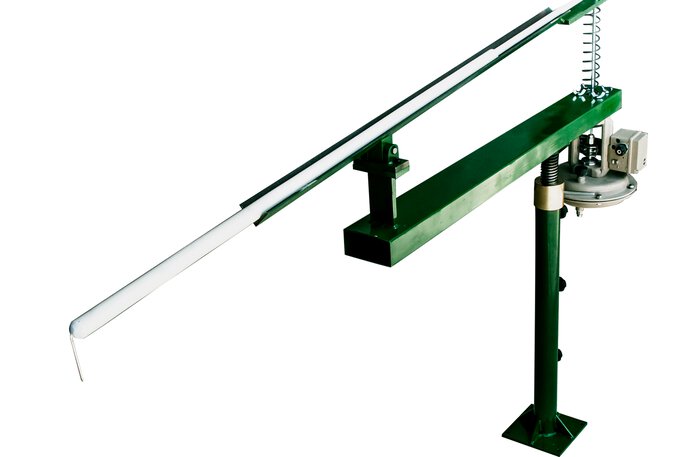
Horizontal sensor for measuring the glass level
Project outcome
The level measurement system responds precisely to customer needs and enables efficient measurement of the glass level during the production process. Better diagnostics, as well as a record of previous failures and possible alarms and pre-alarms, allow anticipated production difficulties to be counteracted at an early stage. Maintenance also becomes much easier.
- ${title}${badge}
